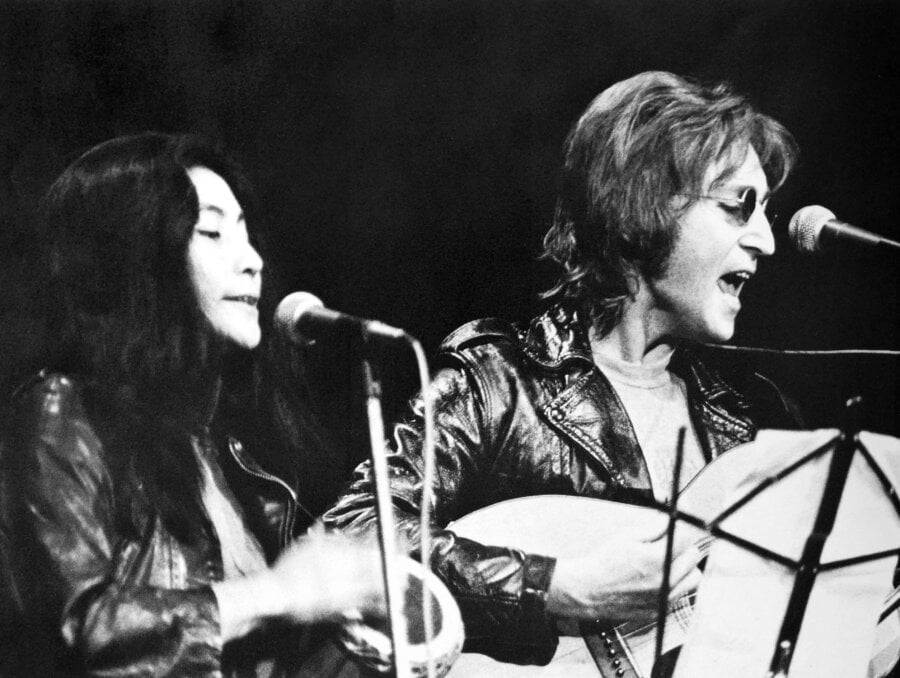You could spend every day of the rest of your life consuming media about The Beatles. Unsurprisingly, for the biggest band the world has ever seen, countless books have been published, documentaries made, and theories concocted. Nevertheless, it seems as though some things about the Fab Four are still shrouded in mystery over 50 years since their break-up.
Next week, we will see the release of a divisive new book, All You Need Is Love, which attempts to provide a peek behind the curtain into the inner workings of The Beatles. Collated and written by Peter Brown and Steven Gaines, the former assistant to Brian Epstein, the book collects various interviews from the band members, as well as those who were close to them. Yoko Ono, for instance, has a heavy presence within the publication, as you might expect. Ono attempts to set the record straight on various myths and slander that have been directed her way over the years – namely, that she got John Lennon hooked on heroin.
Heroin has a long and depressing history within popular music. From Charlie Parker to Sid Vicious, the opiate has ruined the careers of countless artists. As Lennon’s weed and LSD habits led him to search for something harder, soon he too was hooked on smack, much to the disappointment of his bandmates. His increasing reliance on heroin is certainly not a new revelation, as the habit plagued the Let It Be sessions and, ultimately, was a contributing factor to the final break-up of the group.
For many years, unconfirmed rumours blamed Yoko Ono for getting Lennon hooked on the golden brown, although James Taylor still harbours guilt for enabling the singer’s addiction. On the other hand, Lennon often blamed his three bandmates for his use of the drug. “We got such a hard time from everyone,” he told Rolling Stone in 1971, leading him further down the rabbit hole of opiate addiction.
Now, advance excerpts of All You Need Is Love shed a bit of light on the contentious issue. Per The Times, Ono staunchly refutes the claims that she “put John on H”. Admittedly, it was Ono who had first introduced the songwriter to the drug. After first sniffing heroin in Paris, she revealed, “It was just a nice feeling. So I told John that.” However, she does note that Lennon was not easily influenced when it came to drugs, saying that he “wouldn’t take anything unless he wanted to do it”.
Elsewhere, within the new book, Yoko argues that Lennon “wanted to take it, that’s why he was asking”. As such, she is keen to refute the idea that John’s dependence on the drug was entirely her fault. According to Ono, the pair “never injected” heroin, usually just sniffing the drug. She seems to suggest that snorting heroin makes it less severe than if they were injecting, but the effects of the drug are much the same whether snorted or injected.
Would The Beatles have stayed together if Lennon had not been hooked on heroin? Probably not. In the end, Lennon’s reliance on junk was merely one factor in an ever-growing list of quibbles within the camp. After all, The Beatles had gone from a rag-tag bunch of Merseyside lads playing in Hamburg to the biggest band in the world; such a journey will, inevitably, lead to some arguments – many of which are contained within the pages of All You Need is Love.



